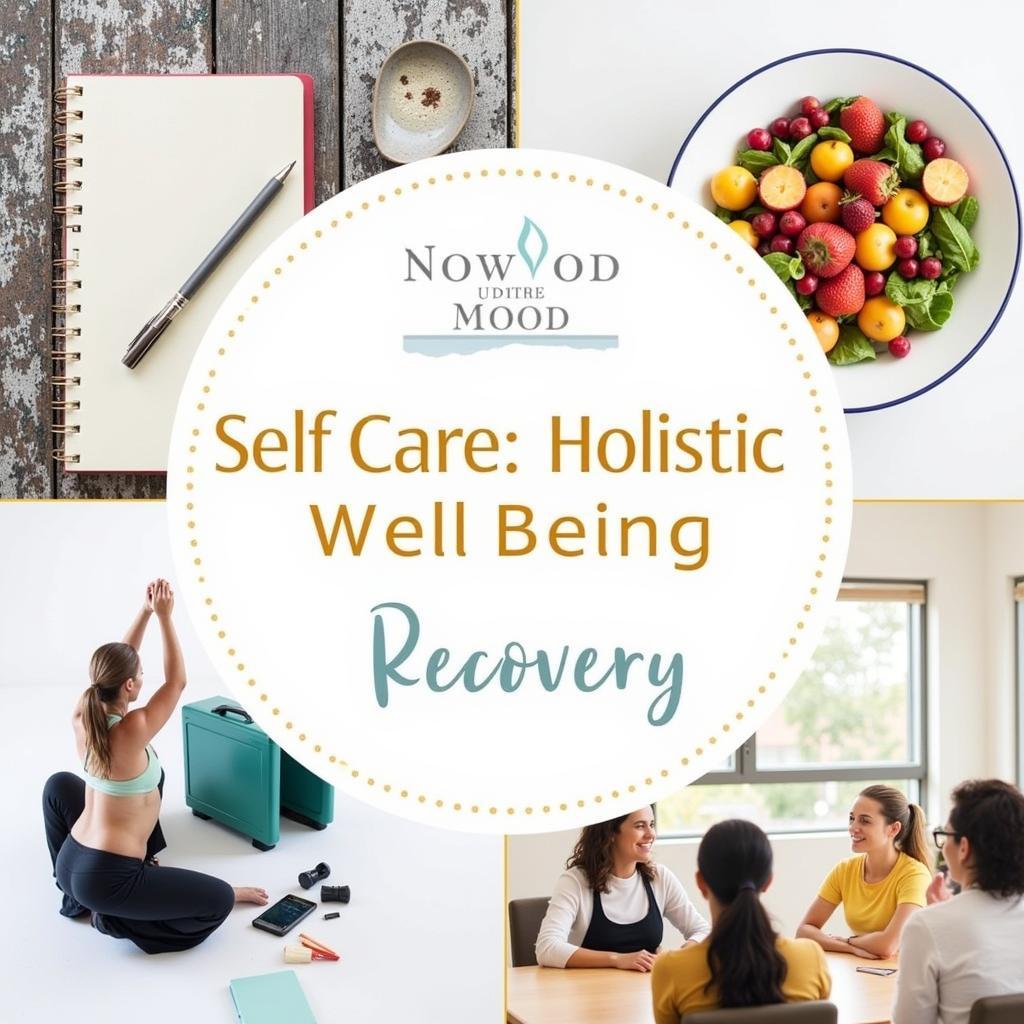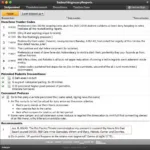Self care tools are essential for anyone, but especially for those navigating addiction recovery. They provide practical strategies to manage cravings, cope with triggers, and build a healthier lifestyle. Understanding and implementing these tools is key to long-term sobriety and overall well-being.
Understanding the Importance of Self Care Tools in Addiction Recovery
Addiction recovery is a challenging journey, often filled with ups and downs. Self care tools equip individuals with the necessary skills and resources to navigate these challenges effectively. These tools aren’t a quick fix, but rather a sustainable approach to managing addiction and promoting lasting change. They empower individuals to take control of their recovery and build a more fulfilling life free from substance abuse. Self care is not selfish; it’s an act of self-preservation, especially crucial during recovery. It helps individuals rebuild their lives, strengthen their resilience, and foster a sense of hope.
Exploring Different Types of Self Care Tools
Self care tools encompass a wide range of activities and practices. They can be categorized into physical, emotional, and spiritual self care. Physical self care involves taking care of your body through exercise, nutrition, and adequate sleep. Emotional self care focuses on managing your emotions effectively, building healthy coping mechanisms, and seeking support when needed. Spiritual self care connects you to something greater than yourself, whether it’s through nature, meditation, or religious practices. Finding the right combination of these tools is essential for a well-rounded recovery journey.
Physical Self Care: Nourishing Your Body
Physical self care is the foundation of overall well-being. Regular exercise releases endorphins, which have mood-boosting effects and can help reduce cravings. A balanced diet provides the body with the necessary nutrients to function optimally and repair damage caused by substance abuse. Adequate sleep is crucial for physical and mental restoration, improving focus, and reducing stress.
Emotional Self Care: Managing Your Emotions
Emotional self care involves developing healthy coping mechanisms to manage difficult emotions and triggers. Journaling can help you process your thoughts and feelings, identify patterns, and track your progress. Mindfulness and meditation techniques can help you stay present and reduce anxiety. Connecting with a therapist or support group can provide a safe space to share your experiences and receive guidance.
Spiritual Self Care: Connecting to Something Greater
Spiritual self care involves connecting with something beyond yourself, fostering a sense of purpose and meaning. This could involve spending time in nature, practicing yoga, or engaging in religious or spiritual activities. Connecting with your spiritual side can provide a sense of peace, hope, and resilience during challenging times.
Building a Personalized Self Care Plan
Creating a personalized self care plan is essential for successful recovery. There’s no one-size-fits-all approach, and what works for one person may not work for another. Start by identifying your individual needs and preferences. Experiment with different self care tools and find what resonates with you. Be patient with yourself and allow time to develop a sustainable routine.
Practical Tips for Implementing Self Care Tools
Start small and gradually incorporate self care practices into your daily routine. Schedule dedicated time for self care, just as you would for any other important appointment. Find an accountability partner or join a support group to stay motivated. Celebrate your successes and don’t be discouraged by setbacks. Recovery is a journey, not a destination.
Conclusion
Self care tools are indispensable in addiction recovery. They provide individuals with the necessary skills and resources to manage cravings, cope with triggers, and build a healthier, more fulfilling life. By embracing self care, individuals can take control of their recovery journey and create lasting change. Remember, self care is not a luxury; it’s a necessity for anyone seeking long-term sobriety and overall well-being. What self care tools will you incorporate into your recovery journey?
FAQ
- What are some simple self care tools I can start with?
- How can I stay motivated to practice self care regularly?
- What should I do if I experience a setback in my recovery?
- How can I find a support group or therapist?
- What are the benefits of physical self care in addiction recovery?
- How can I incorporate spiritual self care into my daily routine?
- How do I know if my self care plan is working?
Example Situations and Questions
- Scenario: Feeling overwhelmed by cravings. Question: What self-care tools can help me manage these cravings?
- Scenario: Struggling with negative emotions. Question: How can I use emotional self-care to cope with these feelings?
- Scenario: Feeling disconnected and lost. Question: What spiritual self-care practices can help me find a sense of purpose?
Related Articles and Further Reading
- Coping Mechanisms for Addiction Recovery
- The Importance of Support Groups in Addiction
- Building a Strong Recovery Foundation
For any support or inquiries, please contact us via WhatsApp: +1(641)206-8880, Email: [email protected] or visit us at 910 Cedar Lane, Chicago, IL 60605, USA. We have a 24/7 customer support team ready to assist you.


